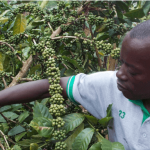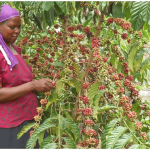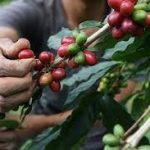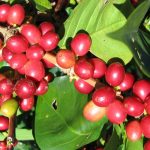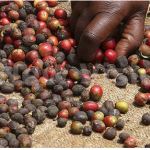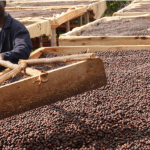Our daily lives are quite used to scientific innovations that we trust and use–mobile phone, radio, television, electricity, and even the car or motorcycle.
When a man-made device such as a mobile phone is used to communicate news of the death of a close relative, the entire homestead “goes wild”. People begin wailing and making preparations for a burial without casting any doubt about the efficacy of the small handset by which the news was announced.
However, even in villages, where images and sounds travel through the air to a TV set in a living room, the farmers still has doubts about cloned coffee plantlets or tissue culture plantlets as preferable planting material for higher yields.
Less trust
Many farmers feel safe driving a car, which is a scientific innovation but they shun biotechnology products, forgetting that they too are a result of scientific innovations like mobile phones and cars.
Scientists take time carrying out plant propagation. They make careful selection of certain varieties with desirable characteristics and manipulate their genetic make-up to build a good range of crop species.
These are aimed to be high yielding or disease resistant or to have strong growth vigour. They have evolved new crop varieties with economically desirable characteristics. This is technology that most of our farmers have failed to trust.
Still reluctant
Through tissue culture, it is possible to produce thousands of clean, disease-free, plantlets of crops such as bananas, coffee, cassava and several other crops from the leaves of healthy parent crops.
Scientists also develop plants by vegetative propagation and come up with identical copies of the parent plant that has desirable characteristics. Such plants are referred to as clones. Cloned Robusta coffee plantlets sold at recognised coffee nurseries are a very good example of this.
Unfortunately, most of our farmers are still reluctant to accept planting materials that have been developed by scientists. They still prefer to use planting material obtained from previous harvests or to develop their own seedlings using traditional, backward methods. They do not trust modern agricultural scientific innovations and so agricultural production remains low.

